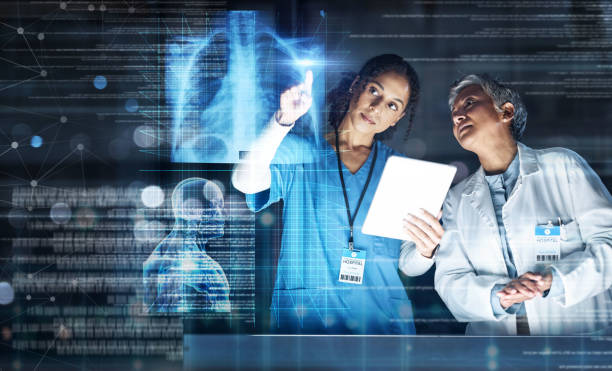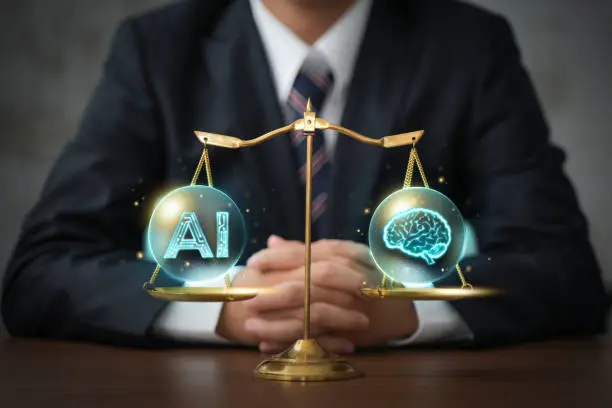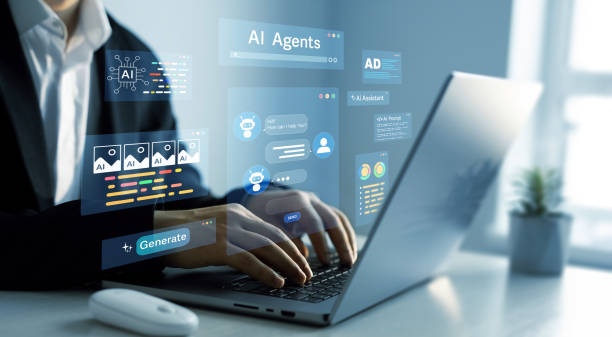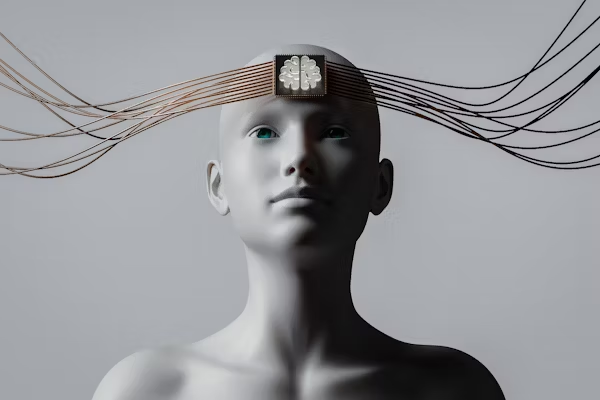Introduction
What is Machine Learning?
Machine learning (ML) is a branch of artificial intelligence where computers learn from data and improve their performance over time without explicit programming. Think of it as teaching a computer to spot patterns and make decisions — much like a seasoned doctor analyzing symptoms.
Why Healthcare Needs Machine Learning
Healthcare is overflowing with data: patient records, medical images, genetic info, and more. Machine learning helps make sense of this massive data pool to improve diagnosis, treatment, and patient care. It’s revolutionizing healthcare by speeding up processes and reducing human errors.
Machine Learning in Medical Diagnosis
Early Disease Detection
Machine learning models can analyze vast amounts of health data to detect diseases early. For example, ML algorithms can spot subtle signs of cancer or heart disease from scans or blood tests, often earlier than traditional methods.
Improving Diagnostic Accuracy
By learning from thousands of cases, ML systems can assist doctors in making more accurate diagnoses, minimizing misdiagnoses and unnecessary treatments. For instance, Google’s DeepMind has shown promise in diagnosing eye diseases from retinal scans with high precision.
Personalized Treatment Plans
Tailoring Therapies to Individuals
No two patients are alike. Machine learning enables doctors to customize treatment plans based on a patient’s genetics, lifestyle, and response patterns, maximizing the chances of success.
Predicting Treatment Outcomes
ML models predict how patients will respond to various treatments, helping doctors choose the best course of action and avoid ineffective therapies.
Drug Discovery and Development
Accelerating Drug Research
Traditionally, developing new drugs is expensive and time-consuming. Machine learning accelerates this by rapidly screening molecules and predicting their effectiveness, drastically shortening the research timeline.
Reducing Costs and Time
With ML, pharmaceutical companies can avoid costly failures early, saving millions and getting life-saving drugs to market faster.
Medical Imaging and Analysis
Enhancing Image Interpretation
Machine learning algorithms can analyze X-rays, MRIs, and CT scans faster and sometimes more accurately than humans, identifying abnormalities that may go unnoticed.
AI-Powered Radiology
Radiologists now have AI assistants that highlight areas of concern on images, helping prioritize urgent cases and improving workflow efficiency.
Remote Patient Monitoring
Wearables and Continuous Data Collection
Wearable devices collect real-time health data like heart rate and glucose levels. Machine learning analyzes this continuous stream to spot irregularities early.
Predictive Analytics for Early Intervention
ML models predict potential health crises — like heart attacks or diabetic complications — allowing timely medical interventions that can save lives.
Managing Healthcare Data
Handling Big Data Challenges
Healthcare data is massive and complex. Machine learning helps organize and analyze this data efficiently, turning it into actionable insights.
Improving Data Security and Privacy
ML also aids in detecting cybersecurity threats, ensuring patient data remains confidential and secure.
Operational Efficiency in Healthcare
Streamlining Hospital Management
Hospitals use ML to optimize scheduling, manage supply chains, and reduce wait times, leading to better patient experiences.
Optimizing Resource Allocation
Machine learning predicts patient admissions and resource needs, helping healthcare providers allocate staff and equipment more effectively.
Challenges and Ethical Considerations
Data Bias and Fairness
Machine learning systems can inherit biases from the data they’re trained on, potentially leading to unfair or incorrect outcomes, especially for underrepresented groups.
Patient Privacy Concerns
Handling sensitive medical data raises privacy issues, requiring strict compliance with laws like HIPAA and GDPR.
The Future of Machine Learning in Healthcare
Emerging Trends
From AI-powered robots assisting surgeries to ML-driven virtual health assistants, the future promises even deeper integration of machine learning in healthcare.
The Role of Human Expertise
Despite all the tech advances, human judgment remains irreplaceable. Machine learning is a powerful tool to assist—not replace—healthcare professionals.
Conclusion
The Transformative Power of Machine Learning
Machine learning is reshaping healthcare by enabling faster diagnoses, personalized treatments, and smarter drug development. It’s a game-changer for both patients and providers.
Balancing Technology and Care
The goal isn’t just to automate but to enhance the human touch in medicine. When combined thoughtfully, machine learning and human expertise can deliver better outcomes and healthier lives.
FAQs
How does machine learning improve medical diagnosis?
By analyzing vast data sets, ML detects patterns and anomalies that help doctors diagnose diseases earlier and more accurately.
Can machine learning replace doctors?
No. It supports and augments doctors’ decisions but cannot replace their expertise and empathy.
What are the risks of using AI in healthcare?
Risks include data bias, privacy breaches, and over-reliance on technology without proper oversight.
How does machine learning protect patient data?
ML helps identify unusual access patterns and threats, enhancing cybersecurity measures.
What’s the future outlook for AI in healthcare?
AI and ML will become more integrated, driving innovations from personalized medicine to robotic surgeries, all while working alongside healthcare professionals.



